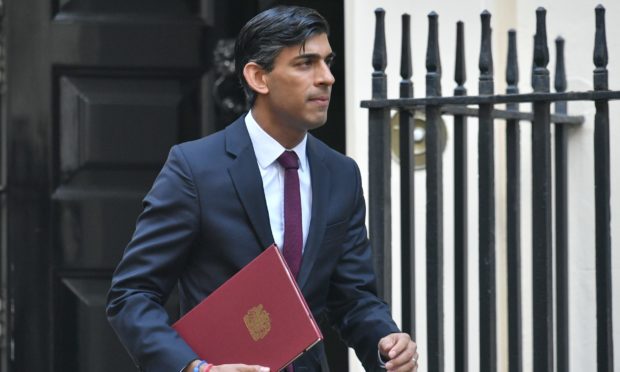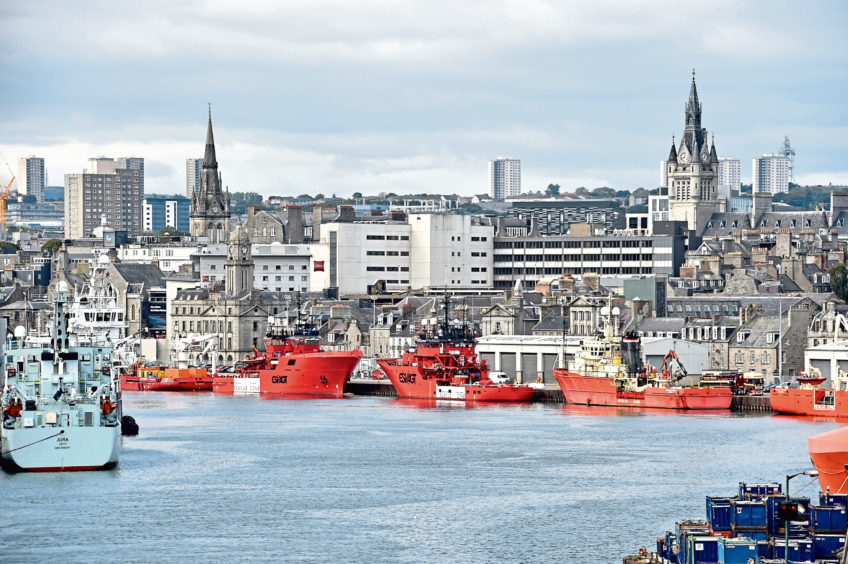Chancellor Rishi Sunak is pushing ahead with plans to open a network of free ports across the UK.
The Treasury boss said the special tax free zones will help “drive growth” and “turbo-charge” the economy following the UK’s departure from the EU in January.
English ports will be able to start bidding for the status in the weeks ahead, with the first ports expected to open by the end of 2021.
A number of ports in the north-east, including Aberdeen, are understood to have been interested in obtaining the status.
But, there is some doubt over when the first Scottish free port will open, as discussions between Westminster and Holyrood about the scheme are still “ongoing”.
Mr Sunak, said: “Our new free ports will create national hubs for trade, innovation and commerce, regenerating communities across the UK and supporting jobs.
“They will attract investment from around the world as we embrace new opportunities following our departure from the EU and will be a key driver for economic recovery as we build back better post-coronavirus.”
The UK Government is working “constructively and collaboratively” with the Scottish Government to establish “at least one free port” north of the border, we have been told.
Responding to the plan, Scottish trade minister Ivan McKee said: “The UK Government’s plans for Freeports lack detail.
“We await further information on them and we continue to engage with stakeholders in Scotland to assess both the risks and opportunities, if any, they could bring to Scotland’s economy and businesses.
“We are clear however, that Freeports cannot and will not undo the damage being caused to Scotland’s economy by the UK Government’s decision to take us out of the world’s biggest single market without a deal at the end of the year.”
A free port is a zone within a country that is treated, for customs purposes, as an independent jurisdiction. This means goods can be manufactured, imported and exported in the zone without incurring normal barriers to trade such as tariffs and customs duties.
Supporters of the idea argue that introducing free ports has already been successful in countries such as the United Arab Emirates, where the Jebel Ali free zone in Dubai now hosts 7,000 global companies, employs 145,000 people and accounts for around 40% of the UAE’s total direct foreign investment.
Opponents say the plan has many risks, however, from money laundering to a cut in local authority business rate revenue.


